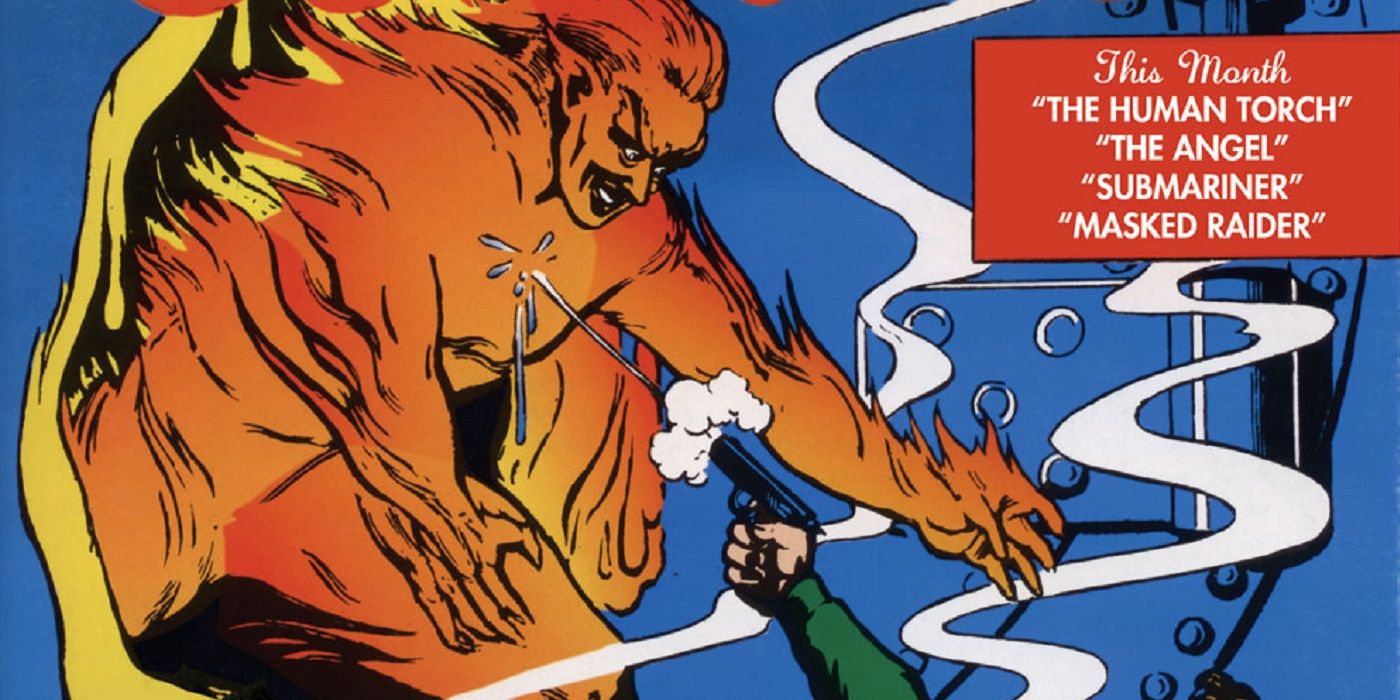
Welcome to Comic Book Legends Revealed! This is the seven hundred and fifty-third installment where we examine comic book legends and whether they are true or false.
As usual, there will be three posts, one for each of the three legends.
NOTE: If my Twitter page hits 5,000 followers, I'll do a bonus edition of Comic Book Legends Revealed that week. Great deal, right? So go follow my Twitter page, Brian_Cronin!
Marvel Comics was launched after Martin Goodman got into trouble with the Federal Trade Commission with his pulp magazine business and so he needed to branch into a new business.
False
Martin Goodman's first publishing business was working in the pulp fiction field, with magazines designed to cash in on the then-popular science fiction, fantasy and detective magazines of the 1930s...
Some familiar names made their debut as pulp magazine titles, like the use of Marvel in the title period...
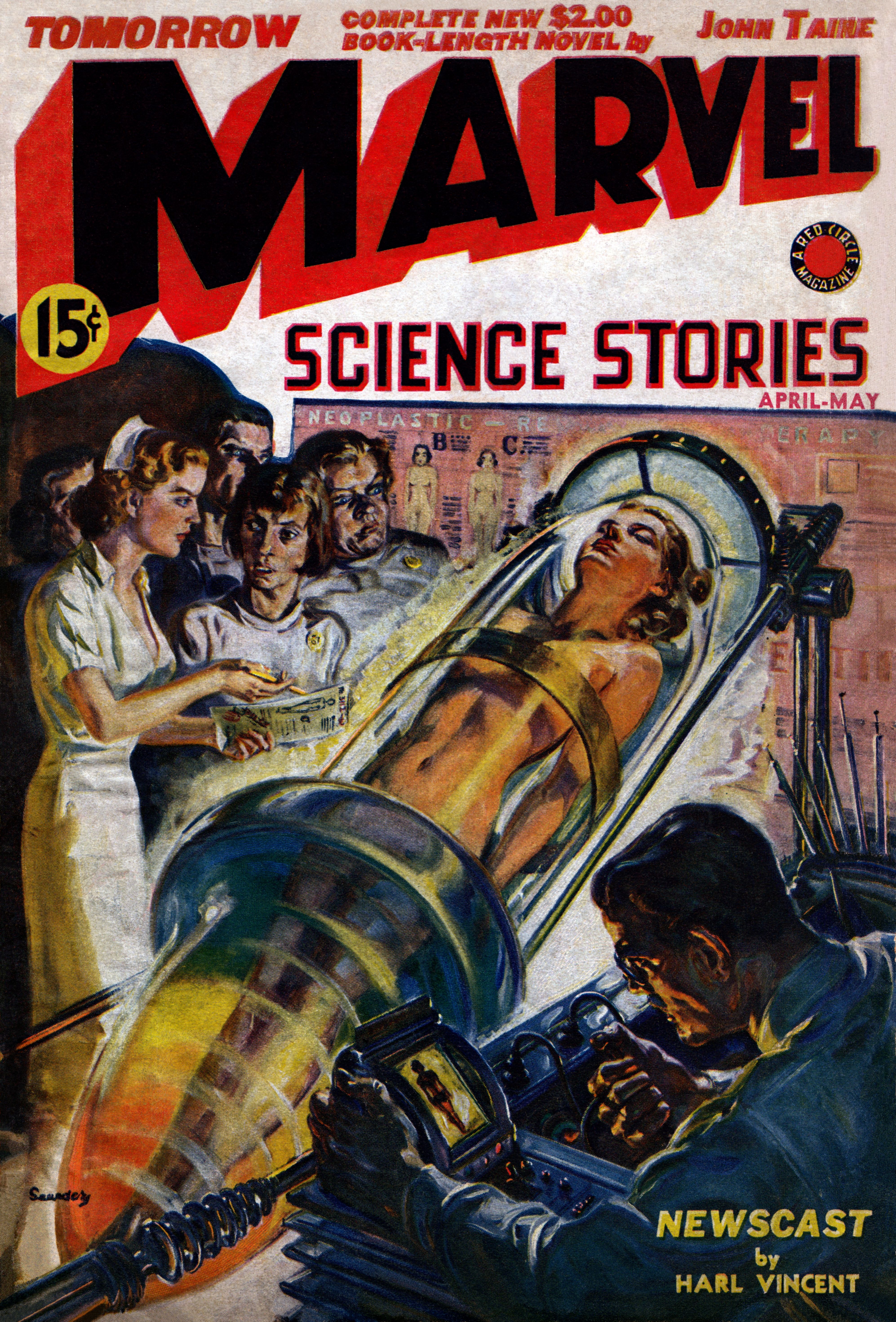
and Uncanny....
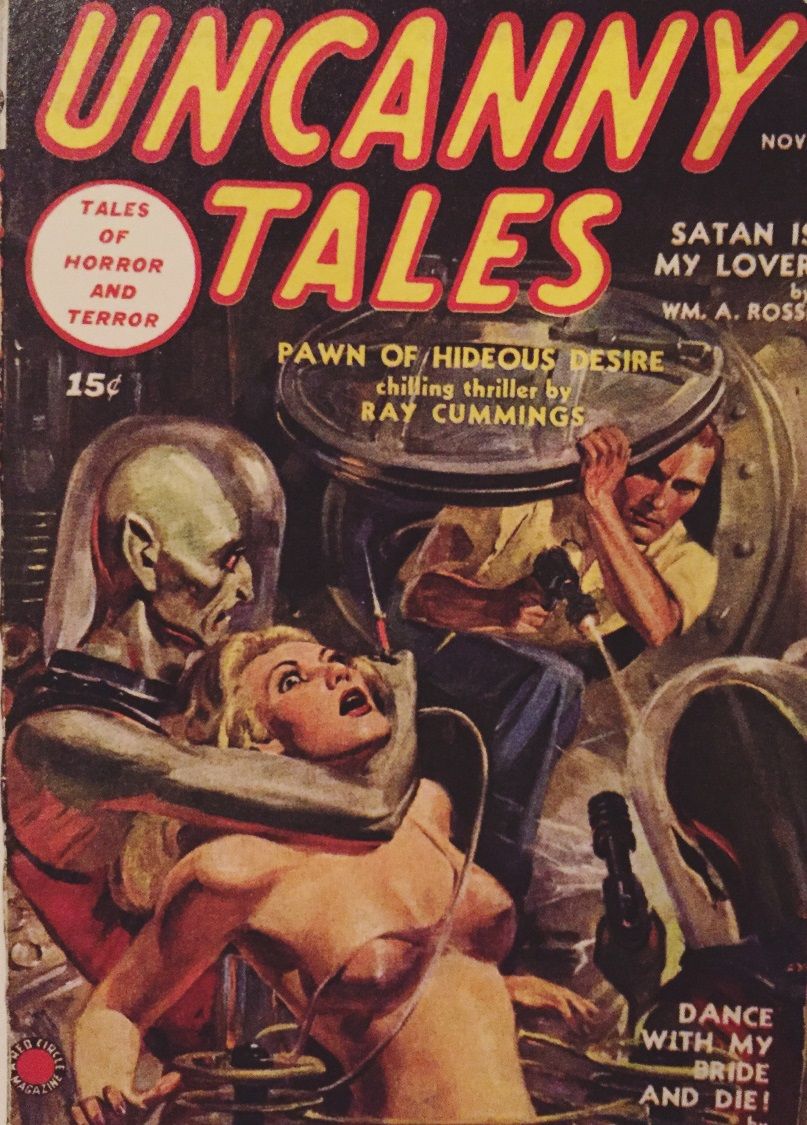
and Marvel Tales...
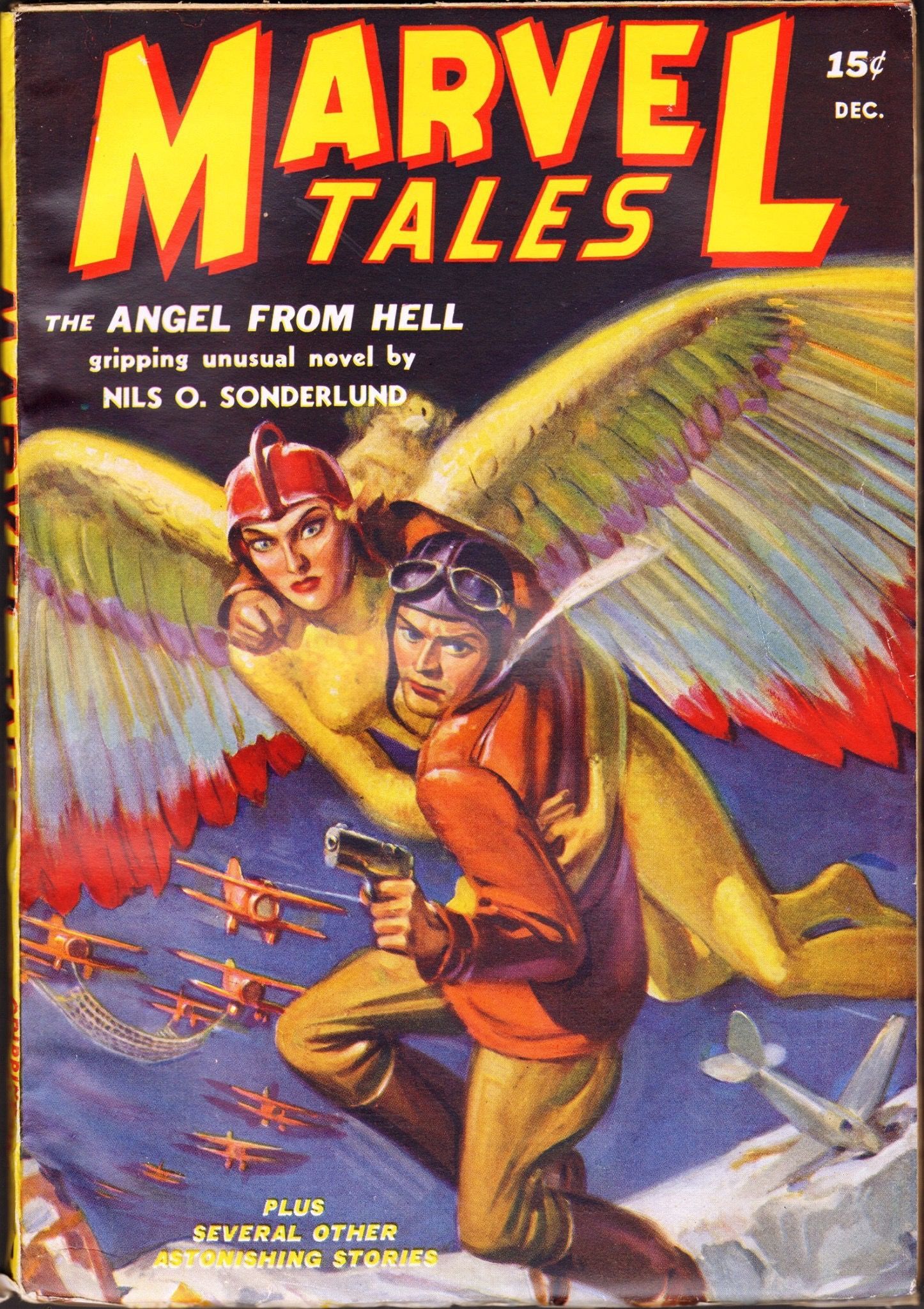
Goodman did thicker magazines, too, mostly detective stories...
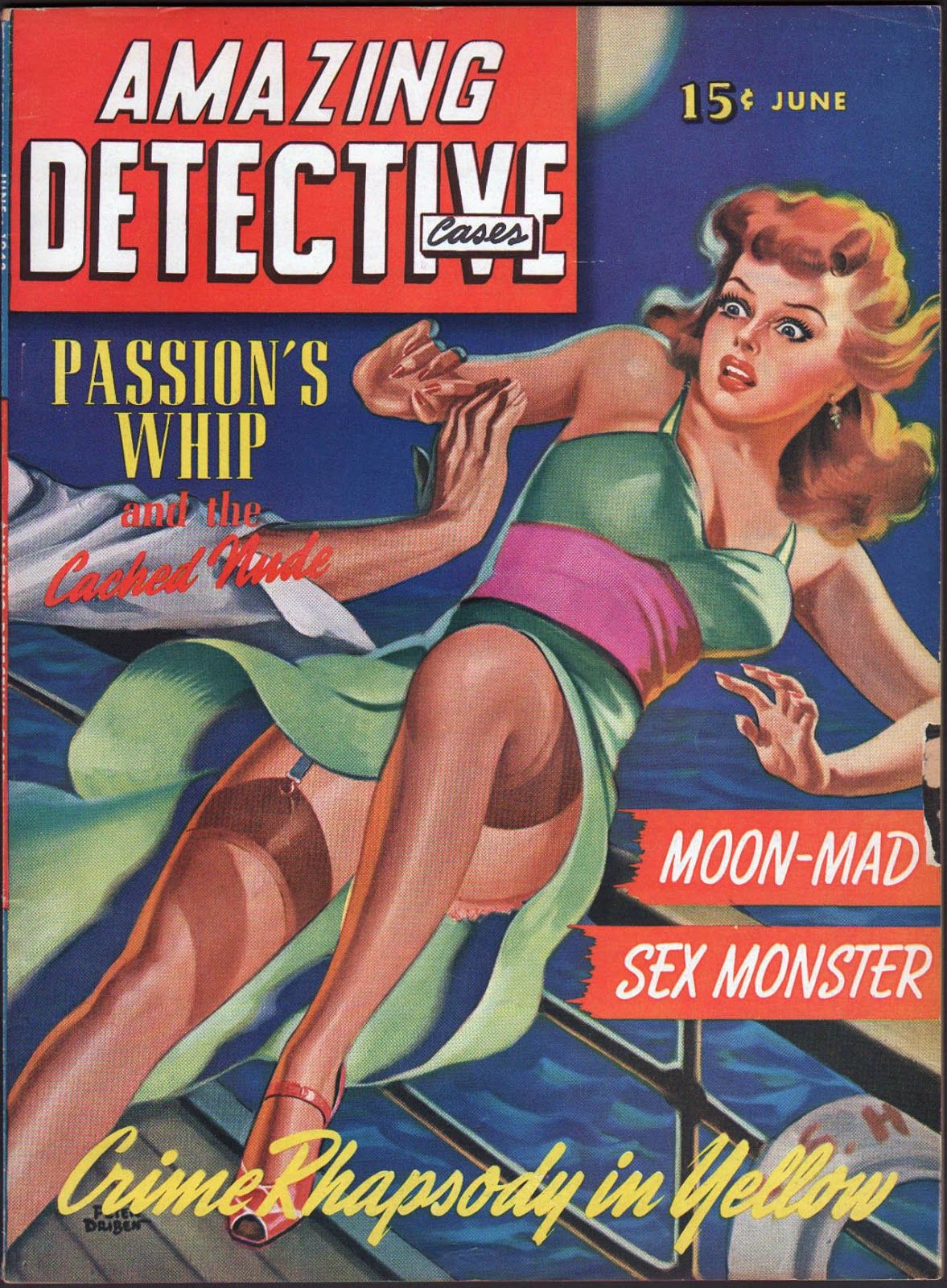
But one of Goodman's biggest money makers was buying old stories and then re-packaging them as new stories in his magazines...
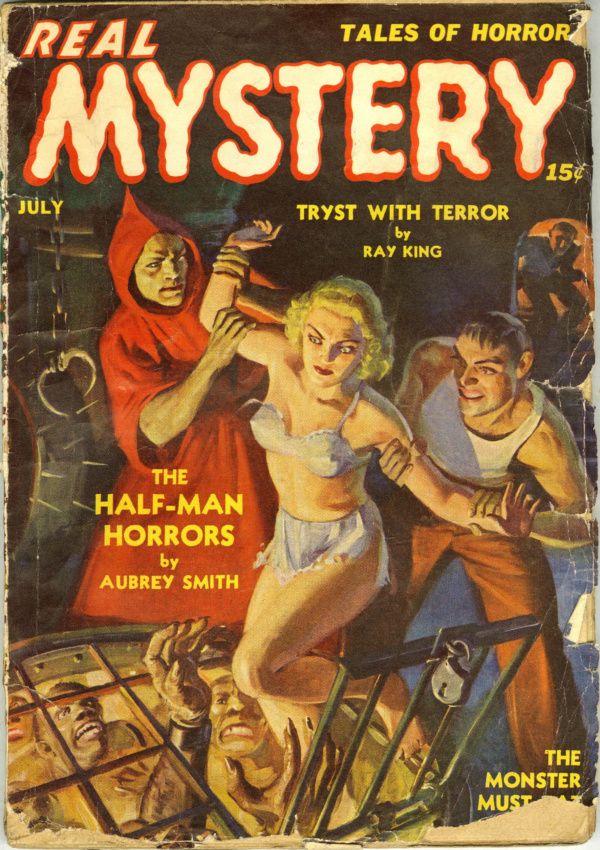
This cut his overhead much lower than his rivals, as writers were more than willing to take much less money for a story the SECOND time that it was sold. The problem with that approach, of course, is that Goodman was presenting these magazines as being new material while his whole economic model was built around them being reprinted stories.
The Federal Trade Commission (FTC) got involved, as Goodman was selling magazines under false pretenses. As the story goes (as suggested to me by reader Frank W.), Goodman was hit by a big judgement by the FTC and suddenly the pulp magazine business was not nearly as profitable as it once was, and so Goodman was forced to transition into a new field, comic books...
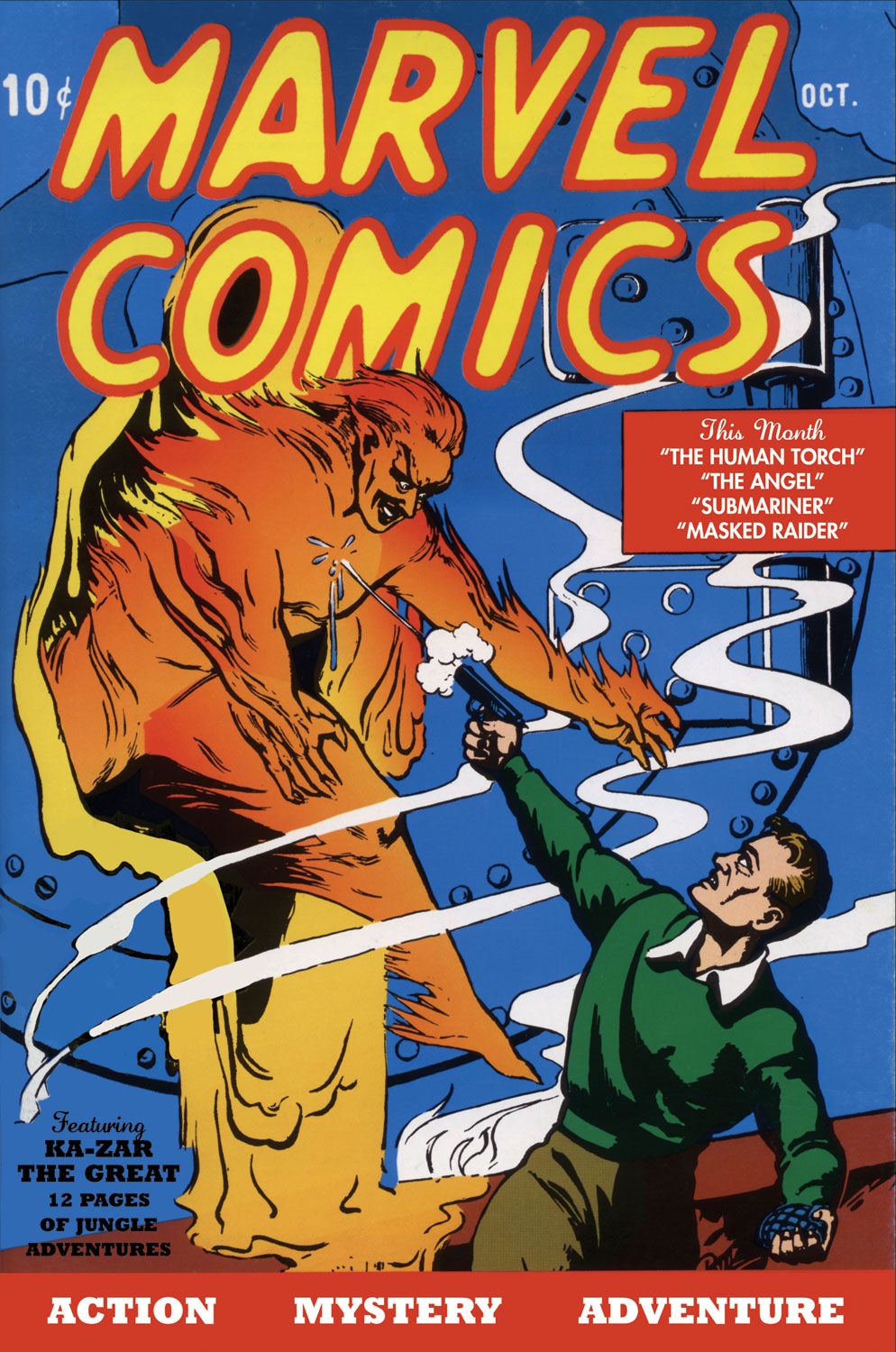
So, under this legend, Marvel Comics owes it very existence to the Federal Trade Commission! However, the story is not really accurate. I mean, it IS true that Goodman was censured by the FTC for using reprinted stories without crediting them and it is true that that cut the profitability of his magazines down a lot. The thing is that the FTC action did not occur until 1941, by which time Goodman had been in the comic book business for two years.
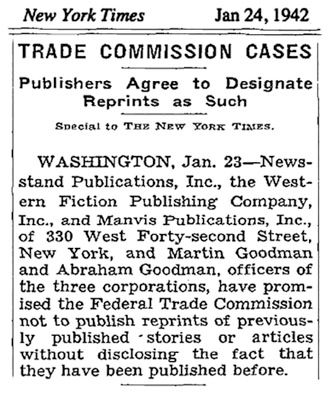
It is probably fair enough to say that Goodman knew that it was a real possibility that the FTC WOULD eventually come down on him, as his practices were blatantly against the rules, but it does not appear as though those FTC worries were the direct cause of any comic book business decisions.
Instead, it seemed like Goodman got into comics for the same reason everyone got into comic books at the time, they were really beginning to sell quite well in the wake of Superman's introduction in Action Comics #1 in 1938.
Goodman might have had in the back of his mind that he could use a new source of income if the FTC cracked down on him (sadly, comic book creators actually worked cheaper than buying previously published pulp fiction), but there was no direct connection.
Thanks to Frank for the suggestion! Thanks to Pulp Artists.com for the newspaper link about Goodman!
_______________________________________________________________________________
Check out some other pulp fiction related legends from Legends Revealed:
1. Was Tennessee Williams’ First Published Work in the Pages of Weird Tales?
2. Did Edmond Hamilton Really Invent Captain Future?
3. How Did John D. MacDonald Become a Professional Writer Without Even Knowing It?
4. Did England Once Try to Arrest the Creator of a Pseudonym for Stories He Didn’t Write?_______________________________________________________________________________
Check back soon for part 2 of this installment's legends!
And remember, if you have a legend that you're curious about, drop me a line at either brianc@cbr.com or cronb01@aol.com!
Add Comments